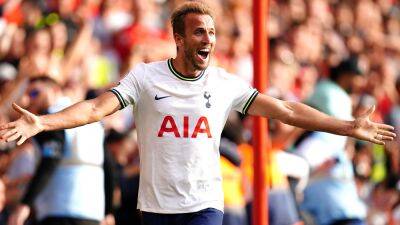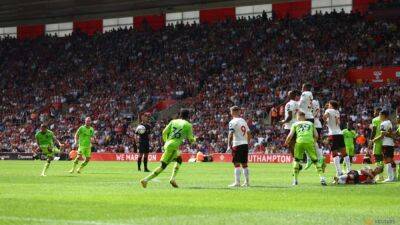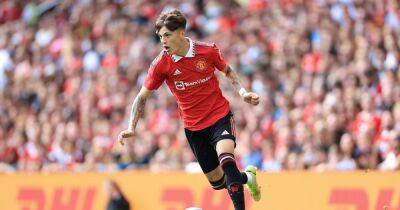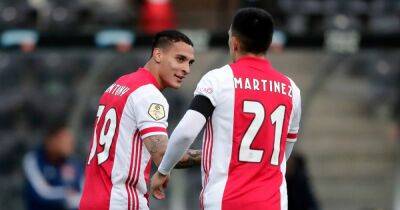The feud between Best and Charlton that shattered Manchester United
When Matt Busby retired in 1969, Manchester United’s three exceptional talents, three winners of the Ballon d’Or, were in decline. Bobby Charlton was 31 and age was closing in. Denis Law was 29 but had never fully recovered from his knee injury. George Best was 22 but had already won his last trophy.
“I represented the future of Manchester United – or should have done,” Best acknowledged. “Charlton represented the past.” That was not simply about age; it was also about attitude. Best once said that he was “grateful” to have been born in 1946 and not 1926. “We don’t have to stick rigidly to the short back and sides and wear-your-club-blazer-at-all-times routine of the past,” he said.
But those were the values of Bobby, who had been born in 1937. “It’s a great pity,” he said in 1967, taking a despairing look at the youth revolution, “that young people today seem to shy away from close relationships with their elders because it’s part of a ‘square’ conception of life. So many young people on the ‘scene’ have the attitude that nearly everything and ordinary people are ‘sick’. They behave as if the peak of senility is reached at the age of 25 and they must wring every drop out of life by then whether they offend other people or not.”
Given Bobby wasn’t yet 30, it’s a remarkable piece of fogeyism, even down to his clear discomfort with the modish slang. He goes on to attack those who insist on being “cool”, “gas” and “with it”. And yet there he was, playing alongside one of the great icons of that rising youth movement. Inevitably, there was friction.
“I just don’t understand him,” Bobby said in April 1973. “What do you come into football for? It’s your duty to give your best to the people who come to support you, but he







